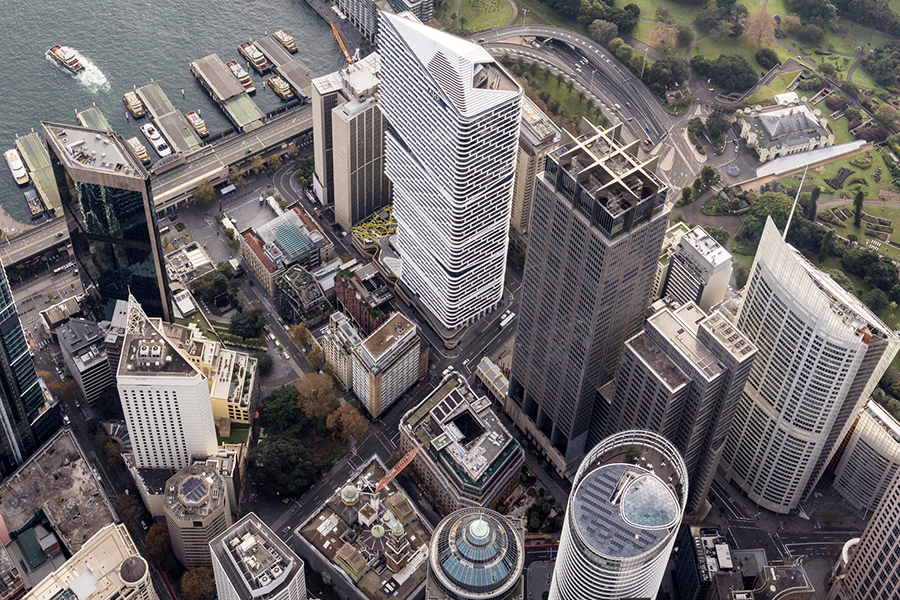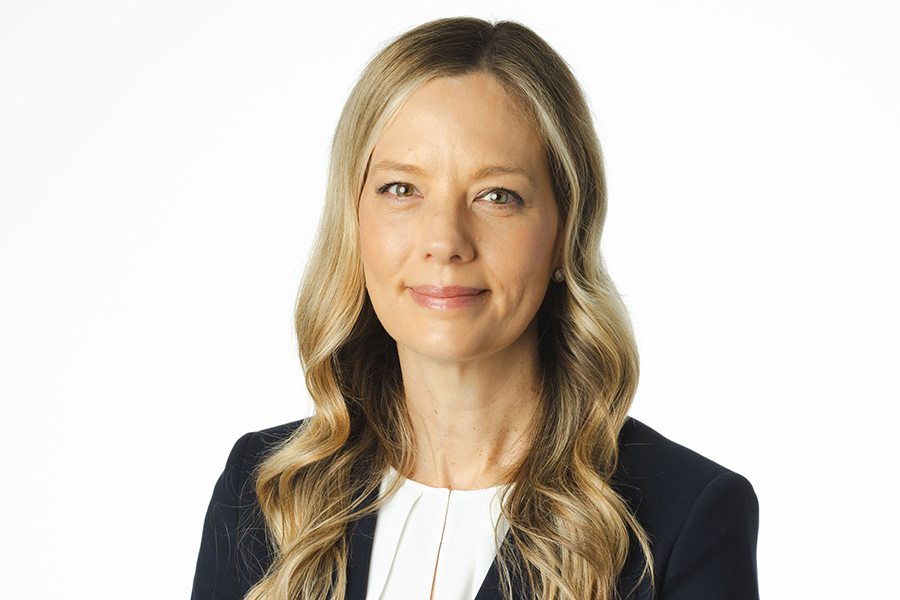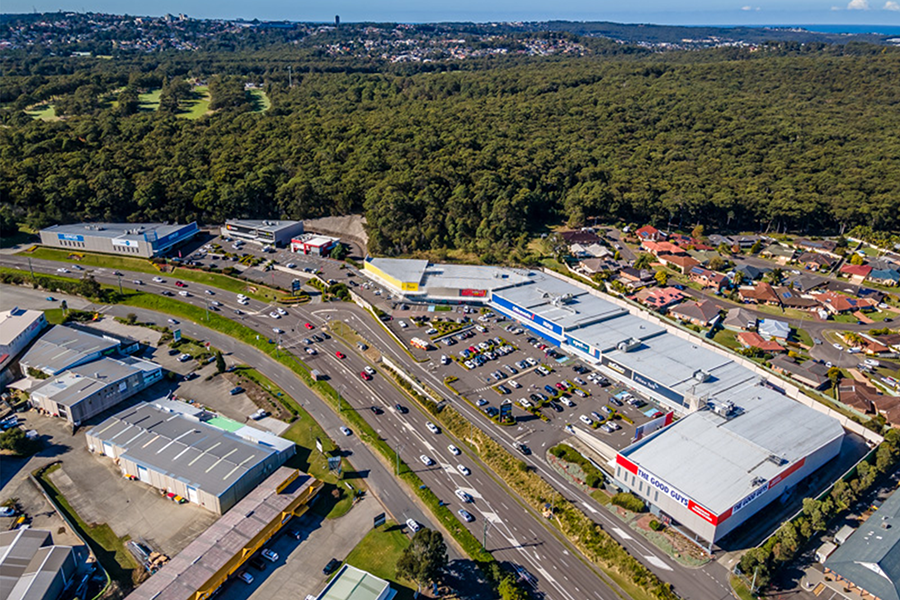A snapshot of major global CBD retail markets by JLL has found that the Sydney CBD retail market is at a similar early stage of the recovery cycle to other major international retail capitals.
The snapshot included Sydney, Tokyo, London, New York and Shanghai and found that retail leasing activity is increasing in each of the global CBDs, although retail investment is well behind pre-pandemic levels.
Overall, the snapshot found:
- Investment in CBDs has been low as buyers remain cautious about rates and inflation impact – especially for CBD retail
- Private investors/capital are driving interest in CBD retail and are seeking assets opportunistically
- CBD occupancy (WFH impact) is stabilising at 50-70% of pre-COVID in the Western countries but higher in Japan and China
- Leasing fundamentals have improved but it’s flight to quality (especially on location) and changing tenant mix to experiential, unique concepts, luxury, flagships etc.
JLL’s Senior Director, Retail Investments – Australia, Nick Willis said capital for Sydney CBD retail is focused on either core high street luxury retail or assets that provide repositioning or development potential. However, with record low levels of trades, pricing remains unclear.
“Sales volumes in the nine months to Q3 2023 totalled only $194.1 million, 58% below the historical 10-year average. There is significant pent-up capital demand for core Sydney CBD retail and we expect investment volumes and offerings to increase in 2024.
“With limited transactions the capital that has been participating is from high net worth private investors with increased inquiry from offshore and opportunistic capital looking at countercyclical plays,” said Willis.
JLL’s global snapshot of retail leasing and investment markets was conducted using its worldwide network of leading investment brokers to provide insights for each global CBD market to determine comparisons with the Sydney CBD market.
JLL’s London team reported that transactions have slowed due to rising interest rates, but quality assets are trading, albeit at a 55% turnover reduction to the ten-year average in Q2 2023.
In New York, the US monetary policy has affected the retail market, leaving many investors to wait out the rising interest rate cycle, and 75% of activity is coming from private buyers.
For Tokyo retail, the CBD investment is still “stagnant” as owners try to “time the market”, pushing sales volumes down 34% from the pre-pandemic benchmark of Q2 2019. This is despite a recovery in the leasing markets since the latter half of 2022.
Shanghai is experiencing similarly low levels of investment as the macro data “does not paint a positive outlook for retail,” with no core retail transaction reported for three years as owners hold assets.
Global leasing markets are showing signs of increased activity with different influences in each of the CBDs, and the return to work across the globe has different impacts.
JLL Senior Research Director Andrew Quillfeldt said: “What we’re seeing in the Sydney CBD leasing market is a distinct rise in leisure and dining activities – led by a reduced work week in the CBD leading to increased evening and weekend activity.
“This has been mainly supported by a return to offices in the Sydney CBD along with a rebound in tourism and daily visitors,” he said.
A similar pattern is emerging in London, where occupancy rates have climbed to 53% in May 2023, although data from Transport for London has found main station arrivals are at 75% of the pre-pandemic level.
In New York, office occupancy is relatively high compared to the national average, but retail activity lags behind other national benchmarks, while in Tokyo, office attendance has almost been restored, and retail activity is rising in core markets, and in Shanghai, work from home is not as prevalent and this has not spurred consumer activity.
Willis said, “According to JLL’s Retail Leasing, the bright spot in the Sydney market is the luxury and apparel sectors.
“We have seen a noticeable rise in global luxury retail concepts in Sydney as it reaches a global level with other major markets. Most recently, Ralph Lauren opened its first ‘World of Ralph Lauren’ store that follows on from brands such as Valentino, Dolce & Gabbana, Missoni, Brunello Cucinelli and Cartier opening flagship stores in 2022.
“We are also seeing heightened investment into store fit-outs to bring them in line with global market leaders, and this will continue as CBD retail strives to be a leading innovator for the broader retail market in Australia.
“We expect experiential retail, mainly pop-ups and in-store experiences, will continue to drive foot traffic and the uniqueness in our CBD retail markets versus the other sub-sectors,” said Willis.
While all global markets reviewed by JLL are experiencing a reduction in consumer spending, they are working to attract consumers in various ways.
In London, the trend is toward CBD locations offering environmental sustainability and personal experience focussed around well-being; in New York, with an oversupply of retail space, the trend is toward street retail.
Key retail locations, combined with a boom in inbound tourism, have left few retail vacancies in key Tokyo markets that have recovered “faster than expected”, while in Shanghai, the focus is on urban regeneration as the land shortage bites and core retail locations begin to benefit from upgrades.
And the outlook for major CBD retail markets?
In Sydney, investment activity is expected to rise in the next 24 months, while in London, 40% of investors surveyed* expect liquidity to return in the first half of 2024, and 45% expect the market to improve in the second half of 2024.
The key to a return of investors in New York will be the first signs of interest rates starting to reduce, while in Tokyo, the banks are taking a cautious approach to retail investment lending that is keeping investors out of the market.
In Shanghai, the policy to allow retail REITs may be a trigger to boost investment. However, online shopping and depressed consumer demand remain a major factor in the retailing landscape.
*JLL UK Capital Markets Review & Outlook – 2022/2023





















